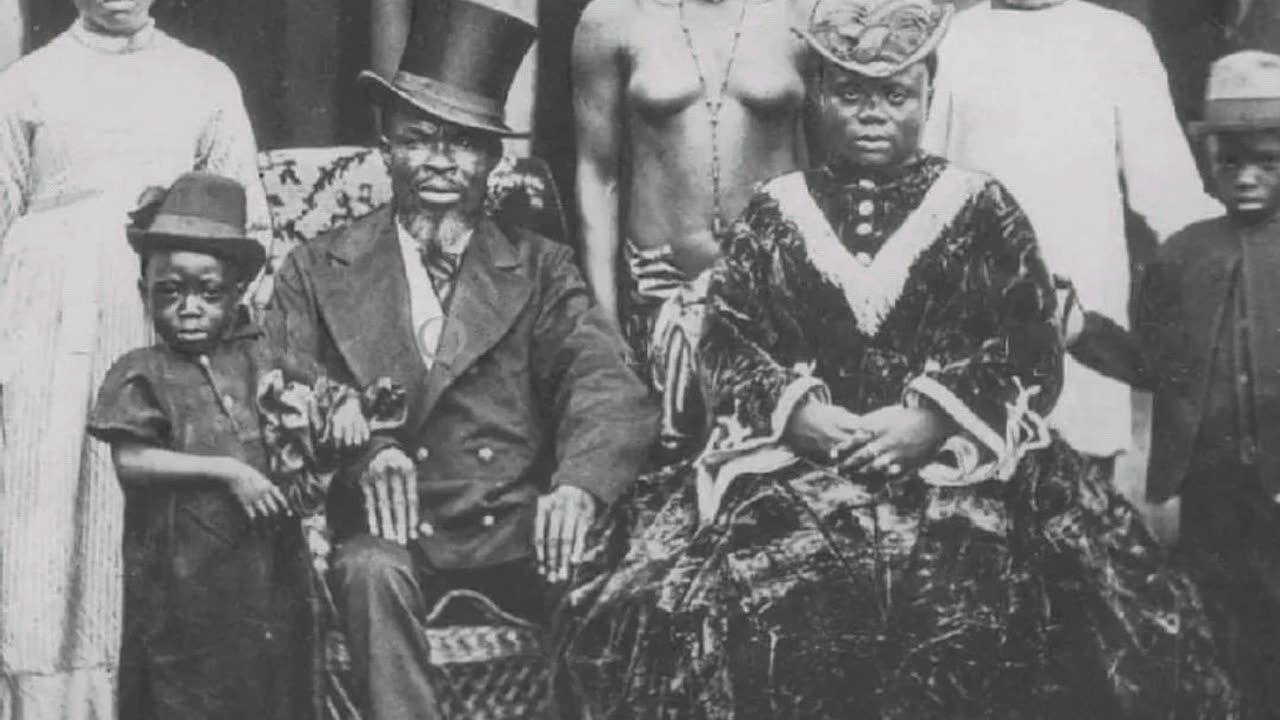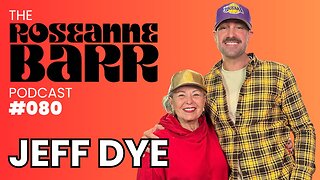Premium Only Content

The imaginable pain of Liberians suffer under Americans is still going on today in Liberia.
Imagine turning from a slave to a slave owner, quite hard to digest right? But that’s exactly what some freed slaves from America did in Liberia. To explain this, you need to understand how the state of Liberia came about.
The country's history is tied to the creation of the American Colonization Society (ACS) in 1816. Its goal was to create a colony in Africa to resettle individuals freed from slavery. At face value it might sound like a charitable idea. However, in reality, it was feared free Blacks would have a negative impact on U.S society and could spark a Haitian-style revolt against remaining slave owners.
To solve the problem, the ACS decided to ship them to a territory on the West African coast, now present-day Liberia. The society used the U.S. navy to coerce local people to sell their land after initial attempts failed. And by the early 1820s thousands of freed slaves had been shipped to the new colony.
Twenty-seven years later, the colony declared independence from the ACS. But that opened up new struggles. Despite making up less than five percent of the colony's population, the settlers - known as Americo-Liberians -
dominated its economic and political system. They refused to integrate with the indigenous people and created a caste-like system with former slaves at the top. Marriages between the two groups were strongly discouraged over fears of 'contamination' of the Americo-Liberians ruling class. Indigenous people were also forced to work on plantations owned by the settlers, effectively recreating the conditions these former slaves had suffered in America.
The oppression created tensions between the two communities which came to a head in 1980. Samuel Doe, an indigenous Liberian army officer, violently overthrew the government of William Tolbert, ending 133 years of Americo-Liberian rule.
The coup set off a series of civil wars that killed at least two hundred thousand and displaced over a million.
-
 2:01:25
2:01:25
Roseanne Barr
15 hours ago $32.19 earnedJeff Dye | The Roseanne Barr Podcast #80
107K56 -
 7:32
7:32
CoachTY
13 hours ago $9.38 earnedWHALES ARE BUYING AND RETAIL IS SELLING. THIS IS WHY PEOPLE STAY BROKE!!!
61.9K8 -
 1:01:00
1:01:00
Talk Nerdy 2 Us
9 hours ago💻 From ransomware to global regulations, the digital battlefield is heating up!
27.1K -
 3:00:24
3:00:24
I_Came_With_Fire_Podcast
12 hours agoHalf the Gov. goes MISSING, Trump day 1 Plans, IC finally tells the Truth, Jesus was NOT Palestinian
51.5K26 -
 4:11:49
4:11:49
Nerdrotic
14 hours ago $36.69 earnedThe Best and Worst of 2024! Sony Blames Fans | Batman DELAYED | Nosferatu! |Friday Night Tights 334
179K32 -
 7:55:51
7:55:51
Dr Disrespect
18 hours ago🔴LIVE - DR DISRESPECT - WARZONE - SHOTTY BOYS ATTACK
229K32 -
 1:30:23
1:30:23
Twins Pod
18 hours agoHe Went From MARCHING With BLM To Shaking Hands With TRUMP! | Twins Pod - Episode 45 - Amir Odom
141K31 -
 1:02:30
1:02:30
Exploring With Nug
19 hours ago $4.20 earned2 Duck Hunters Missing After Kayak Capsizes!
66.2K4 -
 46:48
46:48
Mally_Mouse
13 hours agoLet's Hang!! -- Opening Christmas gifts from YOU!
74.4K1 -
 44:55
44:55
Athlete & Artist Show
20 days ago $2.07 earnedNHL 4 Nations Snubs, Was Hawk Tuah Coin A Scam?
71.1K